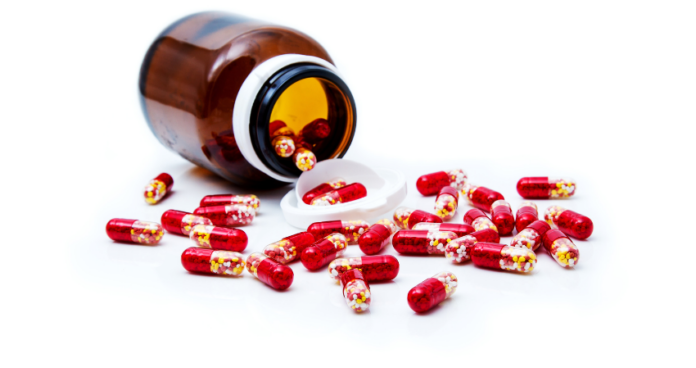Pakistan is losing between Rs35 billion and Rs50 billion each year due to non-evidence-based prescribing and unethical marketing of medicines, officials of the Drug Regulatory Authority of Pakistan (DRAP) said, warning that such practices are undermining healthcare efficiency and accelerating antimicrobial resistance (AMR).
Addressing the Health Asia 2025 Conference in Karachi, DRAP Chief Executive Officer Dr Obaidullah said irrational drug use accounts for nearly a quarter of Pakistan’s total health budget. “Sixty-five percent of Pakistan’s healthcare spending is out of pocket, and yet a large part of it is wasted on irrational prescriptions. This is both an ethical and economic failure,” he said.
He noted that more than half of all medicines sold worldwide are either inappropriately prescribed or promoted. In Pakistan, misuse of antibiotics alone has contributed to over 700,000 deaths annually linked to AMR. “Infections once easily treatable—such as typhoid, tuberculosis, and urinary tract infections—are now becoming resistant to almost all available drugs,” he warned.
Dr Obaidullah added that unethical promotion and overuse shorten a drug’s commercial life and weaken brand credibility. “Once-dominant antibiotics like ampicillin, ciprofloxacin, and cefixime now face shrinking markets due to resistance,” he said, emphasizing that ethical marketing must be viewed as a “trade enabler,” not an obstacle.
He cited data from the World Health Organization, OECD, and the World Bank, noting that every one percent invested in rational medicine use generates five to ten times savings. “Ethics create market access, build trust, and ensure growth,” he said. “Regulation promotes business when compliance becomes conscience.”
The DRAP chief highlighted that SRO 1472 (I)/2021 provides a framework for ethical drug promotion, while digital audits and prescribing analytics are being developed to improve transparency. “Promoting health, preserving trust, and protecting economies through responsible marketing must be our shared national goal,” he said.
Health Asia organizer Dr Zakiuddin Ahmed said the aim of the conference was to foster collaboration between regulators, industry, and healthcare providers. “Pharma is a key player in healthcare. We want to encourage dialogue and promote solutions that benefit both patients and businesses,” he said.
PharmEvo Managing Director Haroon Qassim added that public trust in healthcare professionals must never be compromised. “People visit hospitals in distress, not by choice. It is our duty not to betray that trust,” he said, noting that global technology firms like Google and Amazon are entering healthcare with a focus on ethics and responsibility.
Chairman of the Pakistan Pharmaceutical Manufacturers Association (PPMA) Tahir Azam said ethical promotion was essential for the sector’s credibility. “We cannot market medicines like consumer goods. Our marketing must always prioritize patient welfare,” he said.
The session, titled “Redefining Pharma Marketing: From Data Insights to Patient Impact,” was part of the 22nd Health Asia International Exhibition and Conference, jointly organized by Ecommerce Gateway Pakistan, DRAP, and the PPMA.




